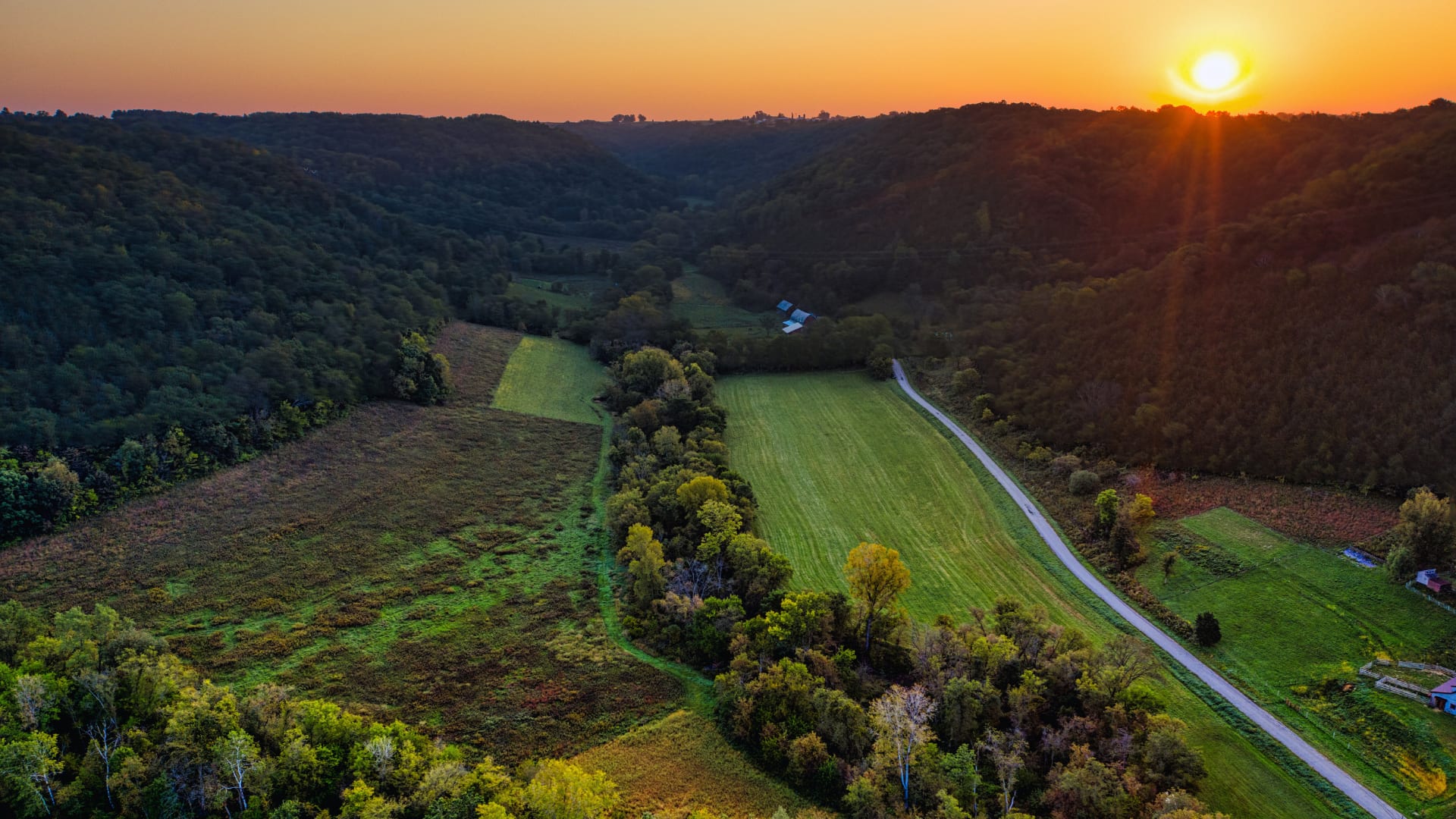Buying vacant land can be an exciting opportunity for building your own home, starting a farm, or investing for the future. However, it’s not as simple as picking a plot and signing on the dotted line. A well-informed approach can save you time, money, and headaches down the road. Whether you’re a first-time buyer or exploring new opportunities, this resource will provide the insights you need to buy vacant land.
Types of Vacant Land
The type of vacant land that suits your needs depends entirely on your goals. Are you looking to build your dream home? Start a business? Invest in farmland? Each type of vacant land serves a specific purpose:
- Residential Land is ideal for those planning to build a home. This type of land is often located in areas zoned specifically for housing.
- Agricultural Land may be the best choice if you’re interested in farming, ranching, or growing crops. This type of property is usually located in rural areas and is zoned for agricultural use.
- Commercial Land is the go-to option for those looking to start a business or expand an existing one. These properties are zoned for business use and may include spaces for retail shops, offices, warehouses, or other commercial ventures.
- Recreational Land is perfect for leisure activities such as camping, hunting, fishing, or off-grid living. It’s often located in remote areas and may not have immediate access to utilities or infrastructure.
Financing Options for Vacant Land
Buying vacant land often requires a different approach to financing compared to purchasing a home or other developed property. Since land purchases are generally seen as a higher risk by lenders, securing a loan can be more challenging, and the terms may vary significantly. However, there are several financing options available to help you move forward:
Land Loans
Land loans are specifically designed for buying vacant land. The loan options and terms might differ depending on the type of land you are trying to buy:
- Raw Land is undeveloped land with no utilities, road access, or structures. These loans are considered the riskiest and often have higher interest rates and stricter qualification requirements.
- Unimproved Land has some basic infrastructure, such as utility access or partial road development, but is not fully prepared for construction. These loans are slightly easier to secure than raw land loans.
- Improved Land is ready for immediate use or construction, with full access to utilities and roads. These loans tend to have more favorable terms because the risk to the lender is lower.
When considering a land loan, be prepared for higher down payment requirements – often 20 percent to 50 percent of the purchase price – and shorter loan terms than traditional mortgages.
Home Equity Loan or Line of Credit
If you own a home and have built equity, you might consider using a home equity loan or line of credit (HELOC) to finance your land purchase. This can be an attractive option because interest rates for home equity loans are typically lower than those for land loans. However, remember that your home will act as collateral, so it’s important to ensure you can comfortably manage the loan payments.
USDA Loans
The United States Department of Agriculture (USDA) offers loans for rural property purchases through its Farm Service Agency (FSA). These loans are specifically geared toward agricultural purposes, such as farming or ranching. If you’re buying vacant land for agricultural use in an eligible rural area, USDA loans might provide low-interest financing with favorable terms.
Paying in Cash
If you have sufficient savings, making a cash offer is often the simplest way to buy vacant land. This eliminates the need for loan applications, interest payments, and lender approval processes. Cash purchases may also give you greater bargaining power with sellers and allow for faster closings.
Things You Should Consider Before Buying Vacant Land
Buying vacant land can be a worthwhile investment, but it requires significant research and preparation. To make an informed decision, here are some things to consider before finalizing your purchase:
- Zoning laws dictate what you can and cannot do with the property. Some areas may have strict limitations or require special permits for certain activities.
- If the property lacks direct access, you may need to negotiate easements with neighboring landowners to create a pathway.
- Check for existing infrastructure such as water, electricity, sewage, and internet connections. If these utilities are not readily available, you’ll need to account for the cost of installation.
- For buyers planning to build or farm, soil quality is important. Conduct a soil test to determine if the land can support construction or agriculture. Also, assess environmental risks such as flood zones, wetlands, or protected wildlife habitats.
- Get a professional land survey to clearly map the lot’s dimensions and identify potential encroachments or disputes with neighboring properties.
- If you want to build on the land, check local regulations for building permits and codes. Some areas may have restrictions on construction timelines, building materials, or architectural styles.
How to Buy Vacant Land
Here’s a step-by-step guide to the best way to buy vacant land:
- Set a realistic budget that accounts for the purchase price and additional costs like property taxes, utility installation, and legal fees.
- Work with a real estate agent specializing in land sales. Once you find a property of interest, visit it in person.
- Have a professional property survey done to confirm the boundaries and identify any concerns.
- Decide how you plan to finance the purchase. If you’re taking out a loan, get pre-approved.
- Work with your real estate agent to make an offer on the property. Negotiate terms such as the purchase price, closing costs, and contingencies.
- Once your offer is accepted, conduct a title and lien search to ensure no liens or ownership disputes are tied to the property. Complete any necessary inspections, such as environmental assessments or soil tests.
- When everything checks out, finalize the purchase by signing the closing documents and paying any required fees, including closing costs and property taxes.
If you’re ready to take the plunge and buy vacant land, having a trusted real estate partner can make all the difference. Contact a REMAX real estate agent to start your search for vacant land.







